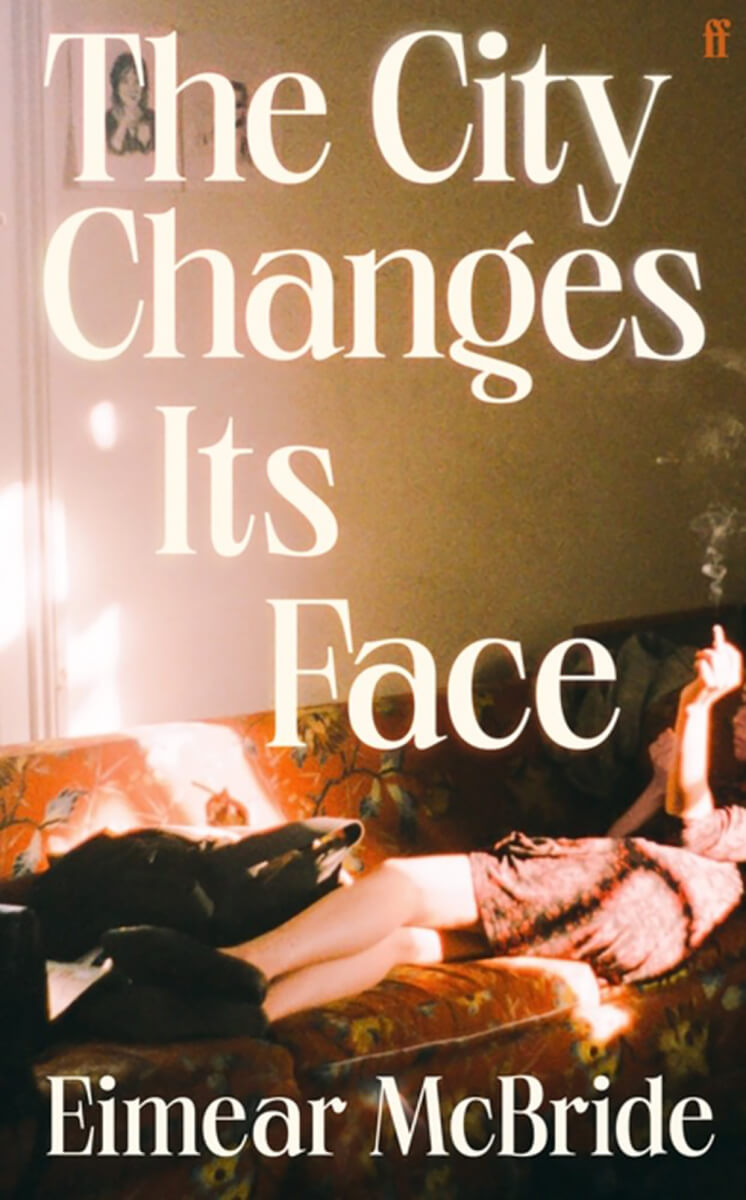Eimear McBride’s The City Changes Its Face is an admittedly challenging novel. Set in London, it’s written in a Joycean stream-of-consciousness. Readers of McBride’s second novel, The Lesser Bohemians, will recognize who this consciousness belongs to: a very young aspiring actress/writer named Eily. She’s in a relationship with an actor/director, Stephen, who’s old enough to be her father. How do we know this? Because he’s the father of Grace, a woman only a couple of years younger than Eily.
The action takes place entirely inside Eily’s head, and the book’s dialogue is unusual. It’s presented as little chunks of text, without quotation marks or attribution tags—no “I said,” “she said” or any of that. Pauses are represented by large spaces in between the character’s words. This nearly claustrophobic style takes a bit of getting used to (at first one wonders, “When is this book going to go back to normal?”), but it also gives the story an unusual intimacy.
As The City Changes Its Face begins, Grace is attempting to reestablish a relationship with Stephen, whom she hasn’t seen since she was a child. Eily is conflicted. There’s no reason for her to hate Grace; she’s a sweet girl and Eily likes her when they meet. They’re contemporaries, after all. But Eily’s jealous and clingy. Stephen is solicitous of Grace and gives her the spare bedroom when she visits. This means he and Eily can’t have at it with the fervor to which they’ve become accustomed, which Eily resents. Stephen also leaves to visit Grace in Canada, which Eily also resents. To her credit, she knows she’s a little out of order.
McBride reveals that both Eily and Stephen have their reasons for their behavior. Stephen wasn’t in Grace’s life when she was a child because of his drug addiction, and Grace’s mother couldn’t be around him. Yet, he’s directed a movie that examines both this ghastly time in his life and his still more ghastly childhood, and he’s even brave enough to bring Eily and Grace to the screening of a rough cut. These imperfect people, McBride wants us to know, are both courageous and vulnerable. She makes us believe in them.
